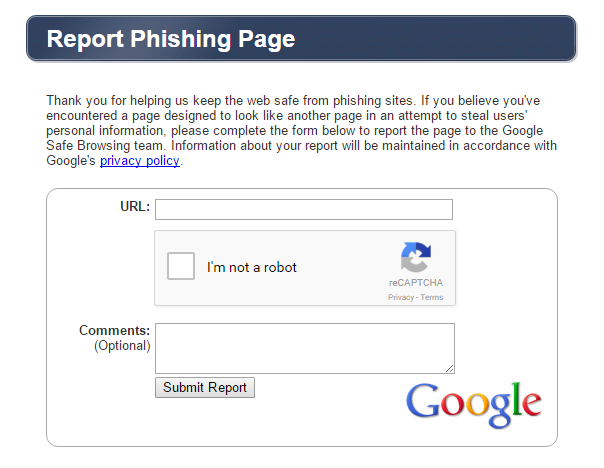
We’re all sick and tired of those pesky banners, pop-ups, and annoying advertisements that try to trick us into giving out our information when trying to surf the Internet. However, if it weren’t for Google, it could actually be a whole lot worse.
Just last year, the search engine monster disabled more than 780,000 advertisements that failed to adhere to the company’s privacy policy. This figure shows that Google is becoming more and more concerned about removing this type of advertising from its pages – in 2014 it blocked 524,000 advertisements, nearly a third less than last year. In fact, the company has claimed that it has more than 1,000 employees working to fight against potentially malicious ads.
As you can imagine, all of this hard work isn’t just done for your personal benefit. The company bases its business model on advertising that it sells to its advertisers, which means keeping the network free from malicious publicity is of their own benefit in the long run.
This means that Google avoids putting its users at risk when using the search engine and at the same time protects the advertisers, who already lose €5.7 million a year because of the infamous network of bots that simulate human behavior.

Google has also revealed details about the types of adverts that it has blocked for failing to meet its privacy policy. The pages that violate its medicinal policy, such as drugs that haven’t been approved by the authorities, were the most blocked – Google disabled a total of 12,500 ads that tried to promote alternatives to prescription medicine.
It’s not a coincidence that the company is interested in blocking this type of advertising. In 2011, it paid $500,000,000 (around €346,000,000) to force the closure of an investigation by the United States’ Department of Justice. It was accused of selling ads to online drug companies from Canada but that were based in the US, which was wholly illegal.
Another area that Google cracked down on last year was the proliferation of websites that tried to trick its clients by offering them absurd methods of losing weight (up to 30,000 ads) or those that sold knock-off goods (between 10,000 and 18,000 ads).
It isn’t just worried about users receiving false advertising, but rather it is trying to avoid and stop phishing attacks being spread by malicious pages. Last year alone saw 7,000 pages blocked which were trying to get users to part with their sensitive information, along with 17,000 false advertisements that put our computers in danger.
The company has also disables more than 10,000 pages that offered unwanted software to users that could have caused unusual results which negatively affect the user experience. Google is also working on avoiding the unwanted installation of software that could end up damaging the user’s computer.

Users can also inform Google of when they detect suspicious advertisements or pages that seem to have been designed to steal information. In fact, any user can make a claim against a phishing page by filling out a simple form.
So, any time that you accidentally download a malicious file without even realizing it, the best option is to have a good antivirus installed which will advise you not to open it. This will help you avoid any potential catastrophes.
The post Google filters thousands of ads to avoid cyberattacks appeared first on MediaCenter Panda Security.